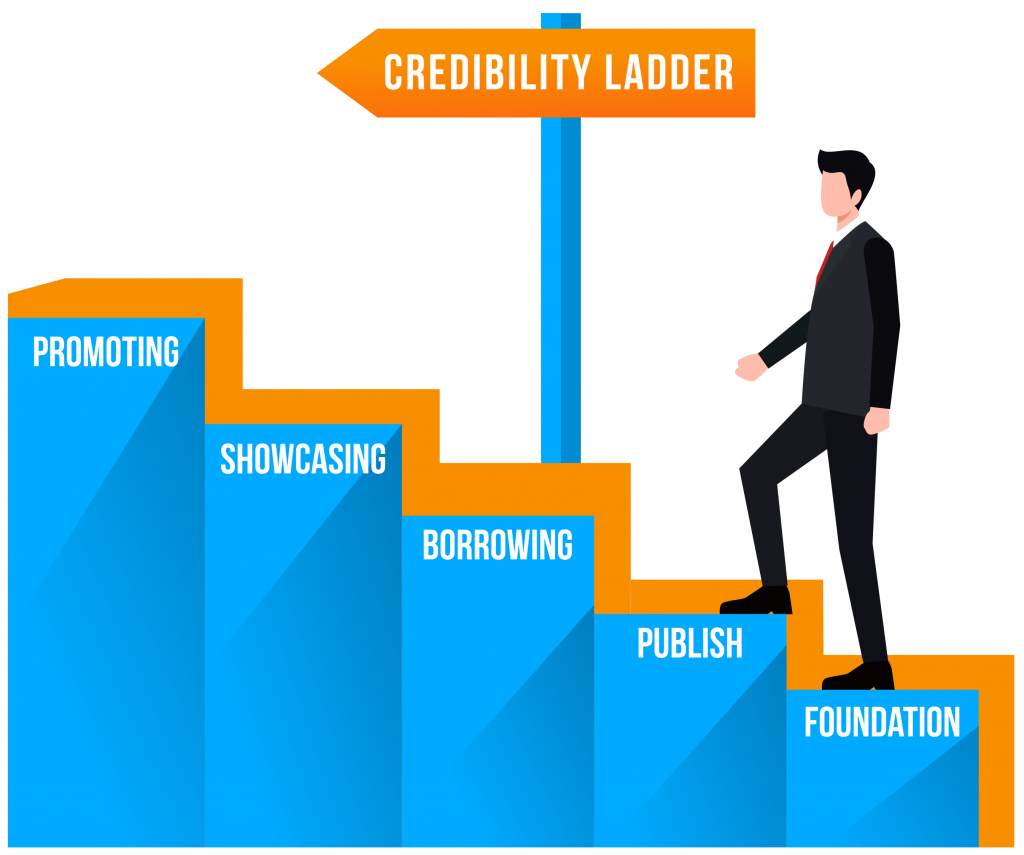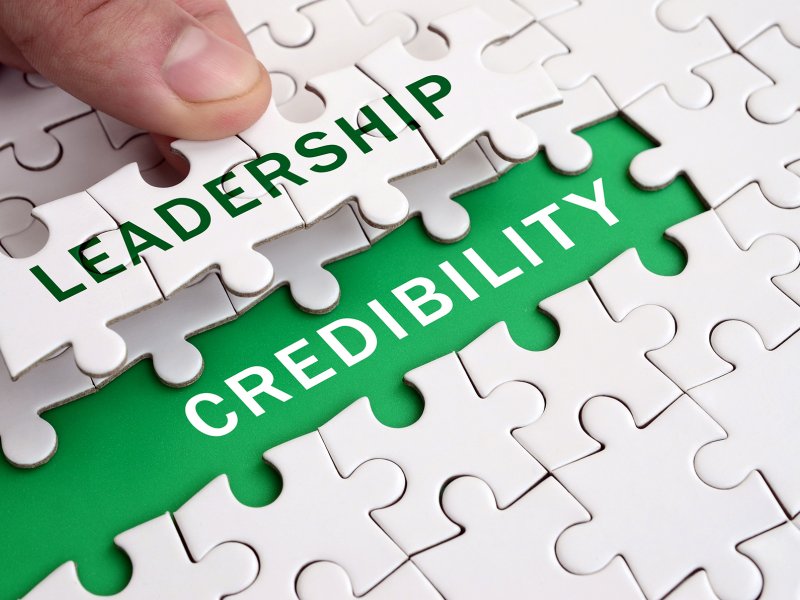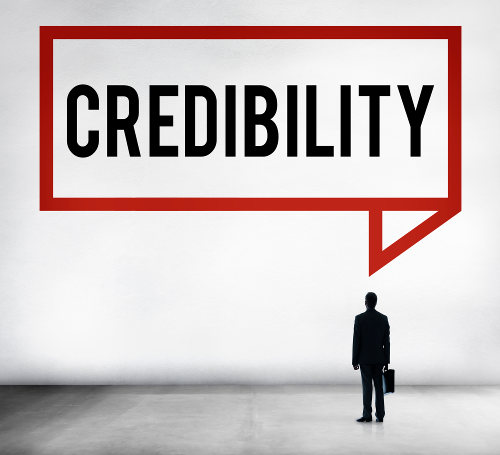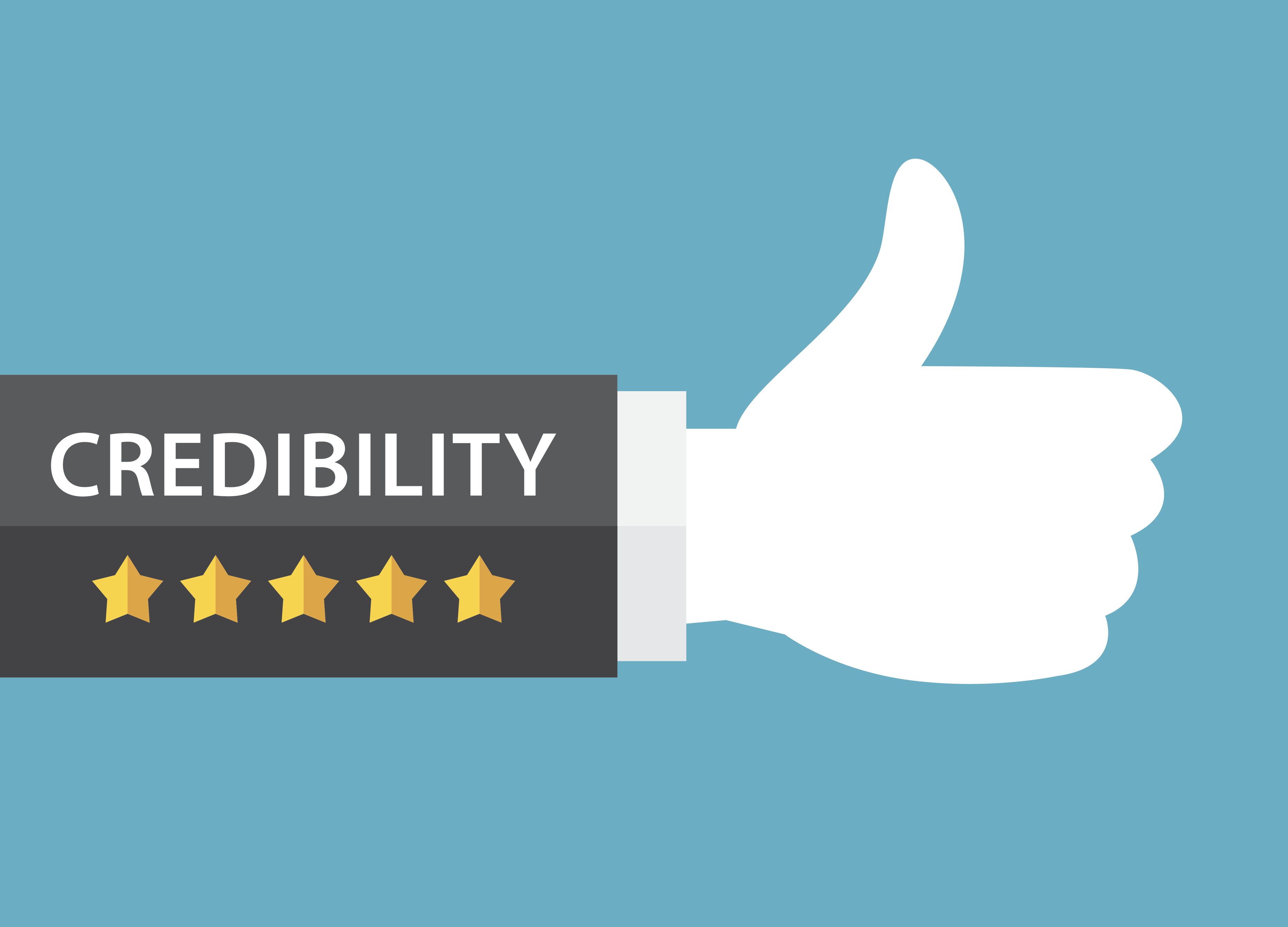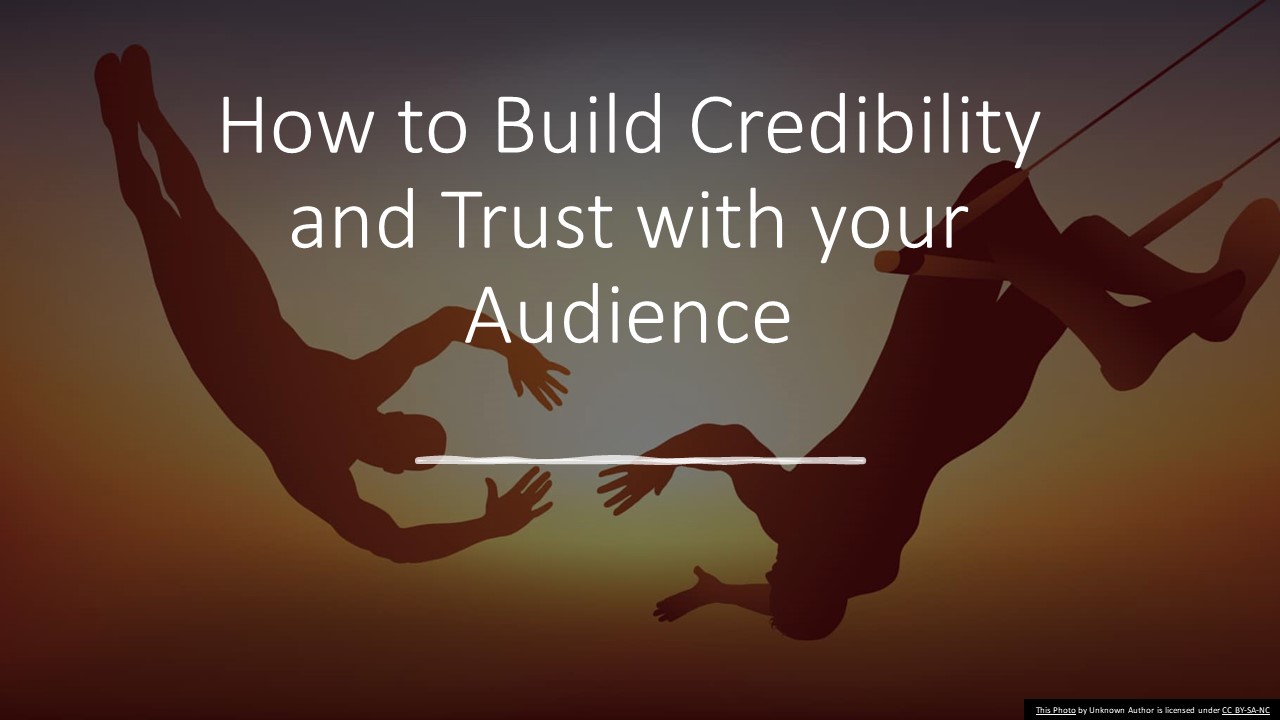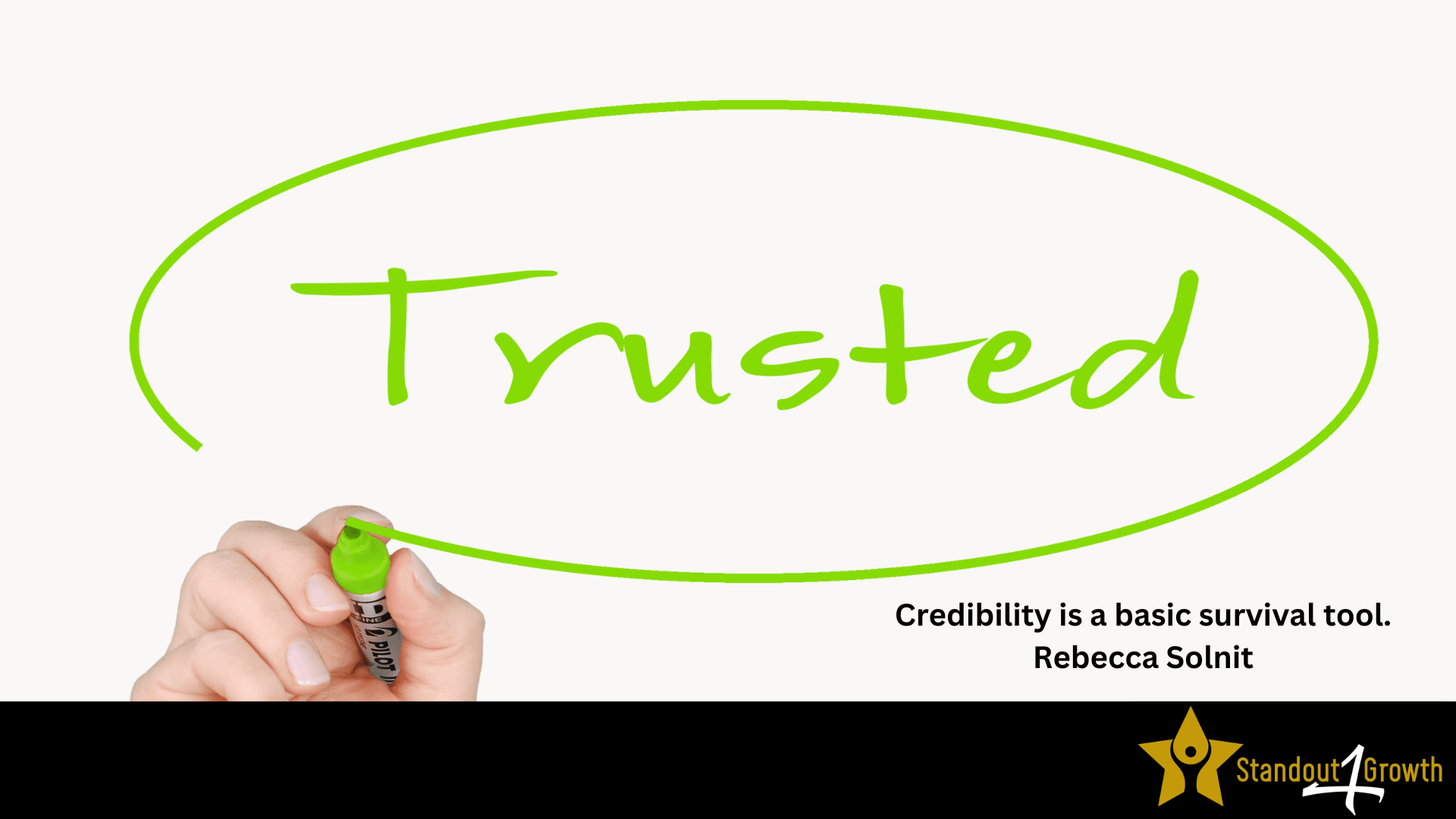How To Gain Credibility When You Have Little Experience

The aroma of freshly brewed coffee mingled with nervous chatter filled the small co-working space. Young professionals, fresh out of college or embarking on career changes, huddled in groups, their laptops open, faces illuminated by the screen's glow. They were eager, ambitious, but a common anxiety hung in the air: How do you convince someone to trust you when your resume is a little... sparse?
Gaining credibility without extensive experience can feel like climbing a steep mountain, but it's absolutely achievable. The key is to focus on building trust through demonstrable skills, genuine enthusiasm, and a strategic approach to showcasing your potential.
Embrace the Power of Upskilling
One of the fastest ways to bridge the experience gap is through targeted upskilling. Identify the specific skills needed in your desired field and dedicate time to learning them. Platforms like Coursera, edX, and LinkedIn Learning offer a wealth of courses and certifications.
Even short, intensive workshops can significantly boost your knowledge and confidence. Don't just passively consume information; actively apply what you learn through projects and practice exercises.
Building a Portfolio: Show, Don't Just Tell
A portfolio is your secret weapon. It's a tangible demonstration of your abilities, even if you haven't held a traditional job in the field. Create sample projects, contribute to open-source initiatives, or volunteer your skills for non-profit organizations.
For example, aspiring writers can start a blog, showcasing their writing style and subject matter expertise. Designers can create mockups for websites or apps, demonstrating their understanding of user interface and user experience principles.
Networking: Connecting with the Right People
Networking isn't just about collecting business cards; it's about building genuine connections. Attend industry events, join online communities, and reach out to professionals in your field for informational interviews.
Prepare thoughtful questions and actively listen to their insights. Remember, networking is a two-way street; offer your support and expertise whenever possible.
Don't underestimate the power of LinkedIn. Optimize your profile, highlighting your skills and experience, and actively engage in relevant discussions.
Communicate with Confidence and Authenticity
How you present yourself is just as important as what you've done. Communicate with confidence and enthusiasm, but avoid exaggerating your experience. Be honest about what you know and eager to learn more.
Practice your communication skills by participating in workshops or joining a public speaking group. Clarity and conciseness are key.
Focus on showcasing your transferable skills. Skills like problem-solving, communication, and teamwork are valuable in any industry.
Embracing Mentorship
Seeking guidance from a mentor can provide invaluable support and direction. A mentor can offer insights into the industry, provide feedback on your work, and help you navigate challenges.
Look for someone whose career you admire and whose values align with yours. Be prepared to actively seek their advice and implement their suggestions. A good mentor can be a game-changer.
Building credibility takes time and effort, but it's a rewarding journey. By focusing on upskilling, building a portfolio, networking strategically, and communicating with confidence, you can overcome the experience gap and achieve your career goals.
Remember, everyone starts somewhere. Embrace the learning process, stay persistent, and believe in your potential. The initial anxieties felt by those young professionals in the co-working space are valid, but with the right approach, they can transform into confident, capable contributors to their chosen fields.

